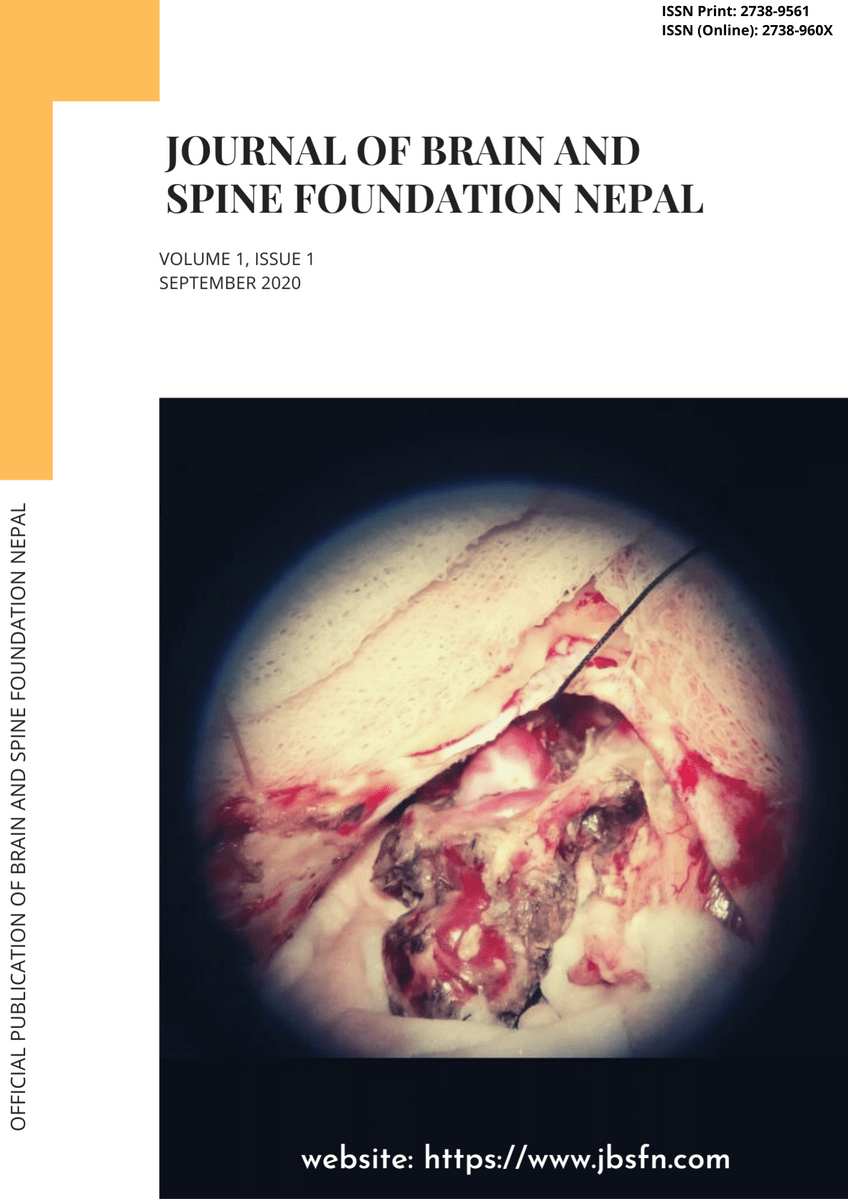Management of frontobasal nasal fractures: a multidisciplinary approach
DOI:
https://doi.org/10.3126/jbsfn.v1i1.32220Keywords:
Fractures, Maxillofacial injuries, Nasal bone, Skull fractureAbstract
Introduction: Frontonasal fracture and concomitant craniofacial injuries carry the significant potential for mortality and morbidity mainly in young adults. This study analyses the characteristics of frontonasal injuries and associated facial injuries, the management option, and its outcome.
Methods: This retrospective study was performed at the Department of Otolaryngology and Head and Neck Surgery and Neurosurgery, Gandaki Medical College, Pokhara, Nepal. Patients who had undergone surgery for cranial and midline facial bone fracture between January 2018 to June 2020 were included in this study. The variable examined were age, sex, alcohol consumption, any chronic diseases, time from accident to surgery, duration of hospitalization, and postoperative complication. Continuous variables were expressed as mean± standard deviation, and categorical variables were expressed as number or percentage. All analyses were performed using SPSS software 26.0.
Results: The majority of patients were in the 3rd to 4th decade (67.1%). The most common cause was Road traffic accidents 45(59.2%). Twenty Five (32.9%) patients had consumed alcohol at the time of the accident. Among midline anterior fracture most common finding was nasal bone fracture 42(55.3%). Frontal bone fracture was seen in 9(11.8%) cases. Closed reduction of nasal bone was performed in 43(56.58%) cases. Craniotomy and elevation of depressed frontal bone was done in 10.53% of cases.
Conclusion: Road traffic accidents were found to be the commonest mode of frontonasal trauma and males in young adult age group were the most common victim. The most common injuries were nasal bone fracture which was managed by closed reduction.

